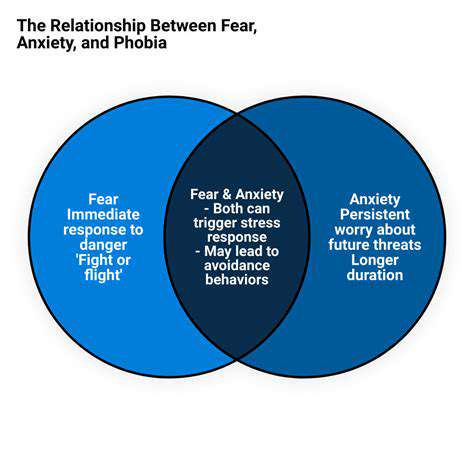Virtual Pet Ownership: Ethical Considerations and Potential
Companionship and Emotional Support
Virtual pets offer a unique form of companionship, particularly for individuals who may not have access to traditional pets or live in environments that don't allow them. These digital companions can provide a sense of responsibility and emotional support, fostering a connection that can be beneficial for mental well-being. Their constant presence and the ability to interact with them, even in simple ways, can combat feelings of loneliness and isolation, offering a much-needed emotional outlet.
Educational Opportunities
Virtual pets can be more than just fun; they can also serve as educational tools. Many virtual pet games and applications incorporate educational elements, teaching users about animal care, different species, or even basic concepts like responsibility and nurturing. This can be particularly valuable for children, offering a fun and engaging way to learn about animals and their needs. The interactive nature of these experiences can enhance understanding and create a more memorable learning experience.
Stress Reduction and Relaxation
Interacting with a virtual pet can have a calming effect on the user. The simple act of caring for and nurturing a digital creature can be meditative and soothing, offering a welcome distraction from daily stressors. The repetitive tasks associated with virtual pet care, such as feeding, playing, and cleaning, can promote mindfulness and a sense of accomplishment, reducing feelings of anxiety and promoting relaxation.
Accessibility and Inclusivity
Virtual pets offer a unique form of accessibility, making pet ownership more inclusive. Individuals with physical limitations or living situations that prevent traditional pet ownership can still experience the joy and benefits of caring for a pet. This broader accessibility can create a more equitable experience for those who might not have had access to these benefits in the past. Their digital nature makes them readily available and manageable for individuals with varying needs and circumstances.
Cost-Effectiveness and Sustainability
Compared to real pets, virtual pets are significantly more cost-effective. There are no vet bills, food costs, or other expenses associated with traditional pet ownership. This affordability makes virtual pets accessible to a wider range of people, regardless of their financial situation. Furthermore, virtual pets are often more sustainable than their real-life counterparts, as they do not require physical resources for their sustenance.
Creative Expression and Self-Discovery
Virtual pet ownership can foster creativity and self-expression. Users can personalize their virtual pets with unique names, appearances, and accessories, allowing them to express their individual personalities and tastes. This process of customizing and nurturing a virtual pet can lead to self-discovery and a better understanding of one's own preferences and values. The creativity involved in caring for and shaping their virtual pet can be a fulfilling and rewarding experience.
Potential for Social Interaction
Virtual pets can also facilitate social interaction. Users can share their virtual pet experiences and care routines with friends and family, creating opportunities for connection and shared experiences. Online communities dedicated to virtual pets can provide platforms for interaction and support, fostering a sense of belonging and encouraging engagement with others who share similar interests. This can be a valuable way to connect with others and build relationships outside of traditional social circles.

Read more about Virtual Pet Ownership: Ethical Considerations and Potential
Hot Recommendations
- Customized Sleep Schedules: AI Driven for Sustainable Rest
- Crafting a Personalized Productivity Plan for Mental Clarity
- Sustainable Self Compassion: Cultivating Kindness Towards Your Mind
- Sustainable Productivity Hacks for the Busy Professional
- Sustainable Wellness for Parents: Balancing Family and Self Care
- Data Informed Self Care: Designing Your Personalized Wellness Strategy
- Sustainable Wellness for a Purpose Driven Life
- AI Assisted Mindfulness: Personalized Meditations for Deeper Practice
- Building Inclusive Mental Health Services: Key Initiatives
- AI Powered Self Care: Customizing Your Routine for Maximum Impact











